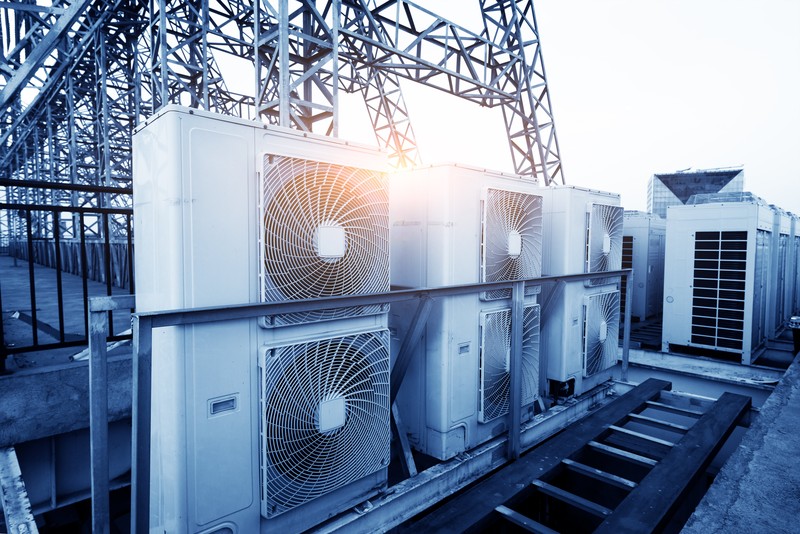Understanding HVAC Costs: Factors Affecting the Price of Heating and Cooling Systems”

The price structure of an HVAC system (HVAC stands for Heating, Ventilation, and Air Conditioning) is enormously variable. It is settled considering the number of variables such as type of system, property size, energy efficiency, complexity of installation, and other specific features. Awareness of the main elements of the HVAC system expenses can be brought to the benefit of homeowners and businessmen when making the way to heating and cooling spending. Here’s a comprehensive overview of the costs associated with HVAC strategies.
1. Size of Property
The size of a property is one of the most significant factors that affect the installation of HVAC systems as it determines the ductwork, the size of supply equipment, and the number of laborers to install. Service providers generally assess heating and cooling loads like other HVAC contractors by accounting for room size, home insulation levels, windows, and occupancy numbers. They then proceed to the appropriate HVAC system size and capacity. For instance, the bigger one requires more powerful HVAC systems and advanced installation, thus leading to higher total costs.
2. Energy Efficiency
Energy-efficient HVAC Strasburg may appear more expensive at first than regular ones. Still, in the long term, they will save an individual a lot of money on energy bills because of the reduction in consumption. There are energy-efficient features to look at, such as the air conditioner, the furnace, and the whole system. Good examples include the high SEER rating and the high AFUE rating, which should be the top for the air conditioners, furnaces, and the energy stars for the overall system efficiency. A bigger initial investment is most often needed for energy-efficient HVAC systems, but such systems’ durability savings easily offset the money spent.
3. Additional Features and Upgrades
Homeowners can decide to include further design advantages or conversions to the system to ensure proper conduction, convenience, and effective operation. As in the realm of upgrades, they lean on programmable thermostats, zoning systems, air cleaners, humidifiers, dehumidifiers, and smart home integration that were already built in. Herewith comes another attribute that can enhance the inside comfort and energy saving and carry forward the additional expenses for such kind of air conditioning system. Homeowners need to determine the right balance between potential increases in values and dissipation of costs while choosing the suitable features for their requirements and budgets.
4. Maintenance and Service Agreements
Besides installation costs, homeowners also need to save some funds for periodic repair and maintenance services that will ensure the efficiency and good condition of the HVAC system. Clean filters, clog-free coils, and visual system checks are key in limiting the risk of failure and helping to guarantee continuous performance and longevity. Most HVAC companies offer service contracts that are tailor-made for you and include visits to do maintenance, emergency service call schedules, and discounts on repairs for a fixed amount of money every year.
Conclusion
The cost of HVAC strasburgs depends upon variables like the system’s type, size, energy efficiency, the complexity of installation, additional features, maintenance agreement prices, market conditions, and government incentives. House owners should ponder the above elements and choose the right HVAC company that suits their needs and wallet.




